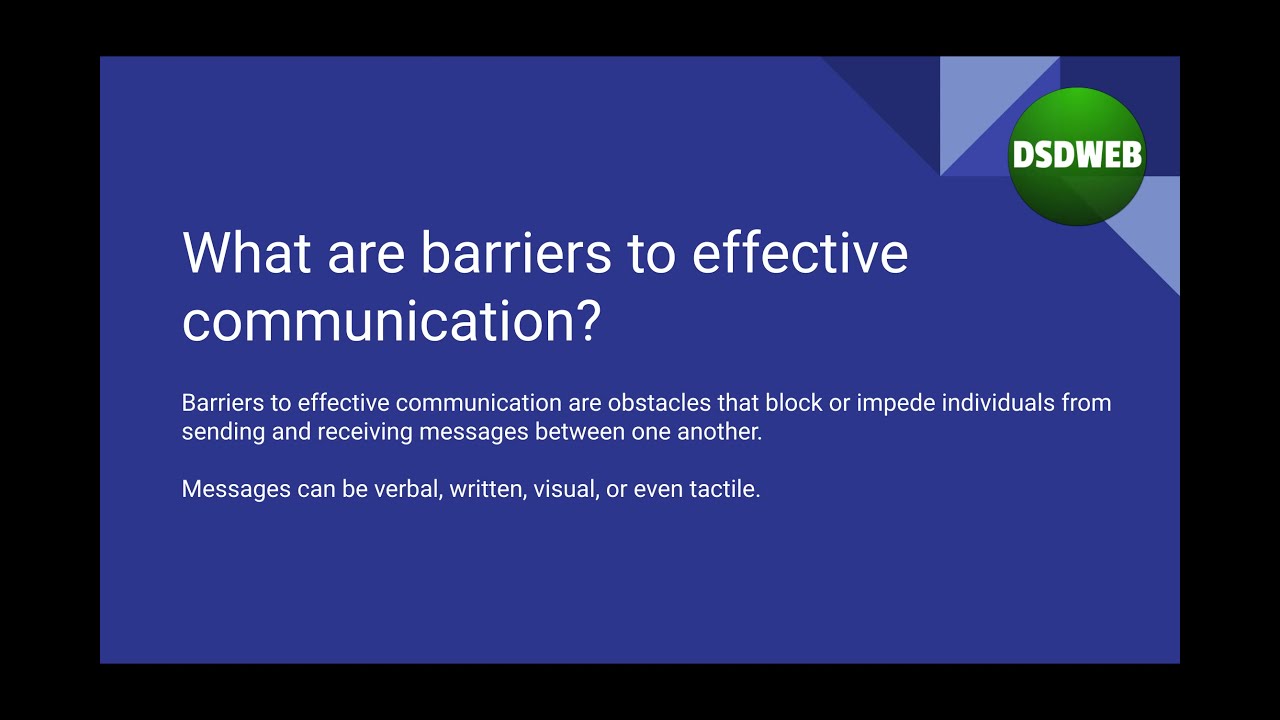Table of Contents
I’ve faced my own mental health battles, and I’ve learned how key good communication is. Talking openly about our thoughts and feelings is crucial for our mental health.
In this article, we’ll dive into why communication matters for mental health. We’ll look at important communication skills and how to improve them. Whether you’re fighting anxiety, depression, or just want better relationships, learning to communicate well can change your life.
Key Takeaways:
- Effective communication is essential for maintaining good mental health
- Communication skills can be learned and improved through practice
- Active listening, empathy, and assertiveness are crucial communication skills
- Nonverbal communication plays a significant role in interpersonal interactions
- Setting personal boundaries is an important aspect of assertive communication
The Importance of Communication in Mental Health
Effective communication is key to healthy mental health relationships. It lets us express ourselves and listen to others well. This builds understanding, empathy, and stronger bonds.
Feeling heard, validated, and supported is vital for tackling mental health issues.
Communicating for Understanding
On the flip side, poor communication can cause misunderstandings and isolation. It makes it hard to tackle mental health problems. Telling our support network what we need can lower stress, anxiety, and sadness.
It’s crucial to clearly tell our loved ones how they can help us with our mental health.
Expressing Emotions Openly
Openly sharing our emotions is also key for good mental health. Our feelings show us what we need. By talking about these needs, we can boost our mental and physical health.
Studies show that good communication can make therapy more effective and lessen mental health symptoms.
By focusing on open communication and improving our communication skills, we can create a supportive network. This helps us understand our mental health better and work towards better well-being. Getting help from Employee Assistance Programs can also guide us on using communication to improve our mental health.
Communication Skills for Mental Well-being
Improving our communication skills can greatly help our mental health. Active listening is key to understanding others and making them feel valued. Empathy and emotional intelligence are also crucial for better mental health. These skills help us form deeper connections and solve problems more effectively.
Active Listening
Studies show that active listening boosts our wellbeing by reducing stress and building emotional strength. When we listen fully, ask questions, and repeat back what we’ve heard, we grasp others’ views better. This builds trust and helps solve conflicts.
Empathy and Emotional Intelligence
Empathy and emotional intelligence are vital for our mental health. When we empathize with others, we strengthen our relationships. Emotional intelligence helps us manage our feelings, leading to healthier communication and self-awareness.
Improving these skills can deeply impact our mental health. By listening actively, empathizing, and being emotionally intelligent, we foster a supportive environment. This is crucial for our overall wellbeing.
Barriers to Effective Communication in Mental Health
Good communication is key for mental health support, but many obstacles stand in the way. Stigma around mental health, fear of being judged, and not knowing oneself well can stop people from sharing their feelings. Conflicts and misunderstandings can also block communication, making mental health issues worse.
A study found that 45% of kids with mental health issues also struggle with language. For adults over 65, 22% face communication problems, affecting their social lives. At work, issues like low empathy and not being able to listen well are common.
It’s vital to tackle these barriers to better communication and mental health. Communication problems can be part of a mental health diagnosis. Luckily, therapy, support groups, and learning specific skills can help.
In healthcare, communication faces its own hurdles. Issues like language barriers and cultural differences can lead to misunderstandings. Misunderstandings of medical terms and personal differences also play a role.
By tackling these barriers, we can improve communication. This supports the mental health and well-being of everyone.
effective communication skills mental health
Good communication skills are key for mental health. They help us share our thoughts and feelings clearly. They also let us understand and connect with others better.
Skills like active listening, emotional intelligence, and assertiveness are important. They help us build strong relationships and solve problems. They also help us handle mental health issues.
Communication is vital in managing mental health. It’s important in support systems, romantic relationships, and even talking to ourselves. Clear communication in support systems can lower stress and anxiety.
In romantic relationships, talking openly is crucial. It helps meet each other’s needs. By sharing desires, we get the support we need.
Knowing and saying how we feel helps us find solutions. It can be on our own or by asking for help. Better communication can reduce stress and depression symptoms.
Looking for help through Employee Assistance Programs (EAP) can be helpful. They offer advice on how to improve communication for better mental health.
Studies show that good communication is essential for mental health. A study found that those who learned communication skills rated their therapy better. This shows how important communication is for mental health support.
Communication Techniques for Mental Health
Good communication is key for mental health. Two important methods are active listening and non-verbal communication.
Active Listening
Active listening means really paying attention to what someone says. It helps people feel understood and valued. Here are some ways to practice active listening:
- Maintaining eye contact
- Paraphrasing to ensure understanding
- Asking open-ended questions
- Avoiding interruptions
- Showing empathy and concern
Non-verbal Communication
Body language and tone of voice are vital in sending messages and feelings. Paying attention to our own and others’ non-verbal signs can improve our communication. Here are some tips:
- Maintaining an open, relaxed posture
- Using a calm, reassuring tone of voice
- Utilizing appropriate facial expressions
- Avoiding crossed arms or fidgeting
- Maintaining appropriate eye contact
Learning these communication techniques mental health can strengthen our relationships and help with mental health issues. It’s important to keep working on our communication skills to get better at talking and listening.
Communication Exercises and Activities
Improving communication skills is key for good mental health. Regular practice through various exercises and activities can greatly help. These activities help people become more aware of themselves, feel more confident, and express themselves better in everyday life.
Role-playing is a great exercise. It involves taking on different roles and practicing communication scenarios. This helps people see things from different angles, improve empathy, and solve problems better. Emotional intelligence quizzes and public speaking practice also help understand and share feelings clearly.
- Communication activities like book clubs, improvisation games, and peer feedback sessions are very useful. They help people listen better, solve problems together, and give and receive feedback well.
- Doing communication exercises mental health boosts self-awareness, empathy, and clear communication. This is good for mental health overall.
- Regular communication skills practice is essential for getting better at them. It helps apply these skills in real life, improving mental health communication improvement.
Adding these communication exercises and activities to your routine can unlock your full communication potential. This leads to stronger relationships, better problem-solving, and improved mental health.

Communication in Specific Mental Health Conditions
Good communication is key for managing mental health issues. For those with anxiety, talking openly can help them share their feelings. This leads to better understanding and support from others.
Being active in listening and speaking up can also help. It lets people with anxiety set boundaries and lower stress.
Anxiety
Anxiety makes communication very important. Sharing thoughts and feelings openly can bring relief and support. Friends, family, or mental health experts can listen actively, creating a safe space.
Depression
Depression also benefits from open communication. It helps people feel less alone and more connected. Talking openly can also help express needs more clearly.
Improving communication skills is vital for mental health. It helps people deal with anxiety, depression, and other issues. This leads to better overall well-being.
Building a Support Network Through Communication
Good communication skills are key to creating a strong support network for mental health. By sharing our thoughts and feelings, and listening to others, we build deeper connections. This network offers emotional, social, and practical help when we face mental health issues.
Being able to communicate well makes us feel heard and understood. It helps us get the help and resources we need for better mental health outcomes. The American Psychological Association’s 2022 survey found that many people wished for more emotional support since the pandemic.
A strong support network is great for our mental health. People with good social connections have lower stress levels. This reduces stress’s impact on our bodies and minds. Positive social interactions boost our mood and emotional well-being.
To create a supportive network, figure out what kind of support you need. This could be emotional, practical, social, or professional. Reach out to family and friends, join support groups, and talk to mental health professionals.
Keeping these connections strong takes effort. We need to communicate regularly, spend quality time together, and show appreciation. It’s also important to offer support in return and respect each other’s boundaries. Online communities, like forums and social media groups, can also offer valuable support.
By focusing on good communication and building a strong support network, we can get the help we need. This helps us deal with mental health challenges and improve our overall well-being.
Conclusion
Effective communication skills are key for good mental health. They help me express myself clearly and listen well. This way, I build strong relationships and solve problems.
Overcoming barriers like stigma and fear is important. Regular practice of communication skills improves my mental health. This makes me feel better and more connected.
Effective communication is a powerful tool for mental health. It helps me seek support and understand others better. By improving my communication skills, I can handle life’s challenges more easily.
By focusing on communication, I gain self-awareness and emotional control. This leads to deeper connections with others. It also helps me tackle mental health issues and improve my life quality.

